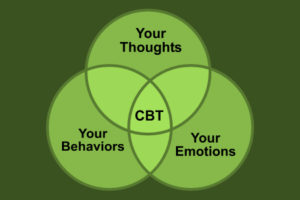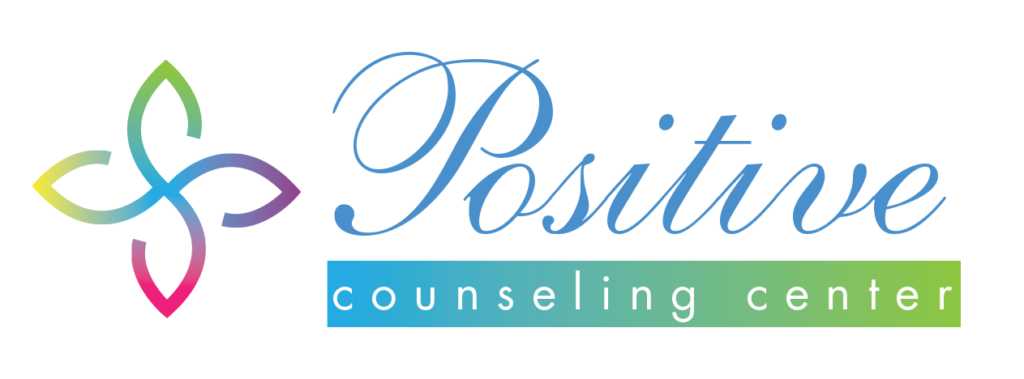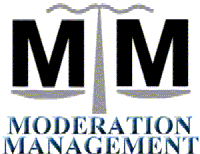
What is CBT?
Cognitive Behavioral Therapy (CBT) is a form of psychotherapy widely accepted for many psychological concerns. Cognitive Behavioral Therapy has been scientifically tested in number of research studies and shown to be effective. CBT is based on the cognitive model, which hypothesizes that people’s emotions and behaviors are influenced by their perception of the events. When people are in distress, their negative beliefs about themselves, the world and the others are activated, and they can’t think clearly. CBT focuses on thoughts and beliefs that are either distorted or distressing. CBT teaches clients to identify, evaluate and respond to their distressing thoughts and beliefs. CBT uses a variety of techniques to change thinking, mood and behavior that are self-defeating.
 How will CBT help me?
How will CBT help me?
CBT is goal oriented, problem focused and emphasizes the present. CBT teaches you (the client) to become your own therapist by acquiring specific skills which you can use for the rest of your life. CBT highlights problem solving and utilizes people’s strengths and abilities to make changes.
How is CBT different from DBT?
DBT (Dialectical Behavioral Therapy) utilizes many of the CBT interventions/ techniques to bring about change and adds strategies for radical acceptance. DBT incorporates Mindfulness practice derived from Zen Buddhism. Standard DBT treatment includes weekly skills coaching but most individual therapists incorporate skill training during therapy sessions. Core mindfulness skills are the foundation for building Emotional Regulation skills, Interpersonal Effectiveness skills and Distress Tolerance skills. DBT is effective treatment for clients with marked impulsivity.
How is CBT different from DBT?
DBT (Dialectical Behavioral Therapy) utilizes many of the CBT interventions/ techniques to bring about change and adds strategies for radical acceptance. DBT incorporates Mindfulness practice derived from Zen Buddhism. Standard DBT treatment includes weekly skills coaching but most individual therapists incorporate skill training during therapy sessions. Core mindfulness skills are the foundation for building Emotional Regulation skills, Interpersonal Effectiveness skills and Distress Tolerance skills. DBT is effective treatment for clients with marked impulsivity.






